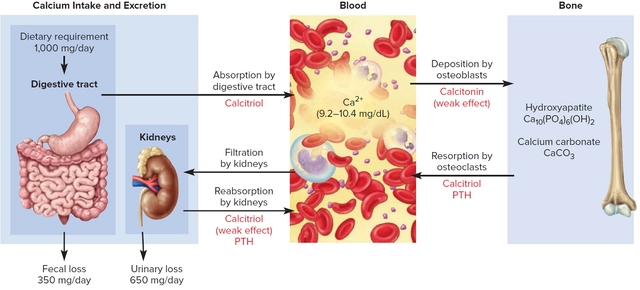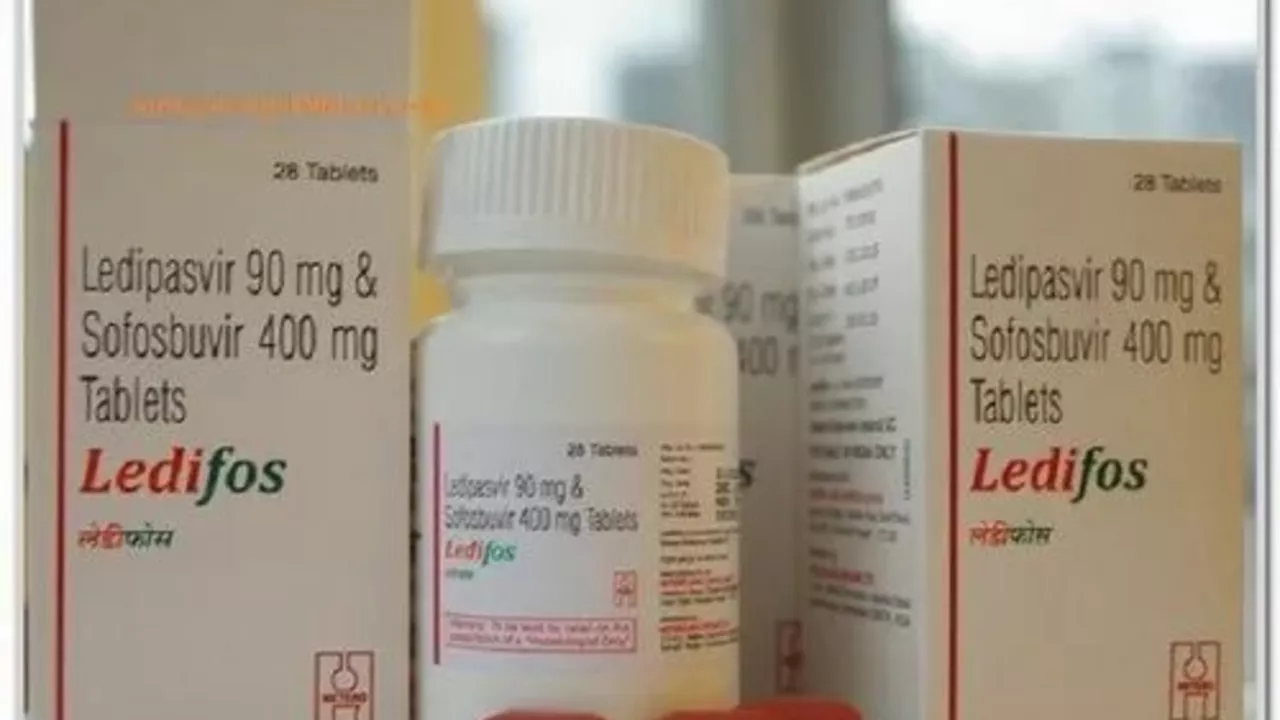Hepatitis C: Symptoms, Testing, and Modern Treatments
You can cure hepatitis C now — for most people it's a short course of pills, not years of uncertainty. If you've been worried about tests, liver damage, or treatment side effects, this guide cuts to the facts so you can act fast and talk to your doctor.
How you know if you have it
Hepatitis C is a virus that attacks your liver. Many people don't feel sick at first. Early signs can be vague: tiredness, mild stomach pain, dark urine, or yellowing of the skin and eyes. The only way to know is testing. Start with an HCV antibody test; if that's positive your doctor will order an HCV RNA (PCR) test to confirm active infection and check viral load. Genotype testing used to be routine, but many modern regimens work across genotypes — your provider will decide if genotype info is needed.
Testing is quick and available at clinics, health departments, or through your primary care doctor. If you have a history of injection drug use, blood transfusion before 1992, long-term dialysis, or were born between 1945 and 1965, ask for testing. Pregnant people are now routinely screened during pregnancy in many places.
Treatment and what to expect
Today's first-line treatments are direct-acting antivirals (DAAs). These are oral pills taken for usually 8 to 12 weeks. Common drug combinations (your doctor will pick one) are highly effective — cure rates exceed 95% in most groups. Side effects are usually mild: headache, fatigue, or nausea. Serious reactions are rare, and interactions with other medicines should be checked beforehand.
If you already have cirrhosis or advanced liver disease, your doctor will choose a regimen and follow you more closely. After finishing treatment, an HCV RNA test at 12 weeks confirms a sustained virologic response — that’s the medical term for 'cured'. Even after cure, people with advanced scarring need ongoing liver checks for cancer and complications.
Prevention is straightforward: don’t share needles or drug equipment, ensure tattoos or piercings are done with sterile tools, and tell healthcare providers about past infections before procedures. Blood screening has made transfusions safe since the early 1990s. There’s no vaccine for hepatitis C, so avoid risky blood exposure. If you’re not immune to hepatitis A or B, get those vaccinations — they protect your liver if you get exposed to another virus.
Want quick steps? Get tested if you’re at risk. If positive, ask for RNA confirmation and a referral to treatment — many clinics offer fast access and support for insurance or patient assistance. Treatment is short, the pills work very well, and curing hepatitis C lowers your risk of liver failure and cancer.
If you have questions about tests or drug options, use reliable resources or talk to a specialist. MedsEngage has guides on antivirals, side effects, and how to find a trustworthy clinic.
Cost used to be a barrier, but many programs now cover DAAs. Ask your clinic about insurance, copay help, or patient assistance programs — many places offer help. If you're pregnant or planning pregnancy, tell your doctor; treatment timing depends on your situation and support available.
The role of pharmacists in managing Ledipasvir therapy for Hepatitis C patients
In my recent exploration, I've discovered the significant role pharmacists play in managing Ledipasvir therapy for Hepatitis C patients. They are essential in guiding patients through the treatment process, ensuring they understand how to take their medication correctly to maximize its effectiveness. They closely monitor patients' response to the therapy, adjusting dosages when necessary, to reduce side effects. Additionally, pharmacists provide important advice on lifestyle changes to support the therapy. Their support and guidance are invaluable for patients battling Hepatitis C.
About
Health and Medicine
Latest Posts


6 Alternatives in 2025 to Paroxetine: Your Guide to Better Choices
By Marcel Kornblum Apr 15, 2025

Contraceptive Patch, Ring, and IUD: Safety and Risks Compared
By Marcel Kornblum Jan 9, 2026

Nail Disorders: How to Tell Fungal Infections Apart from Psoriatic Changes
By Marcel Kornblum Nov 29, 2025

